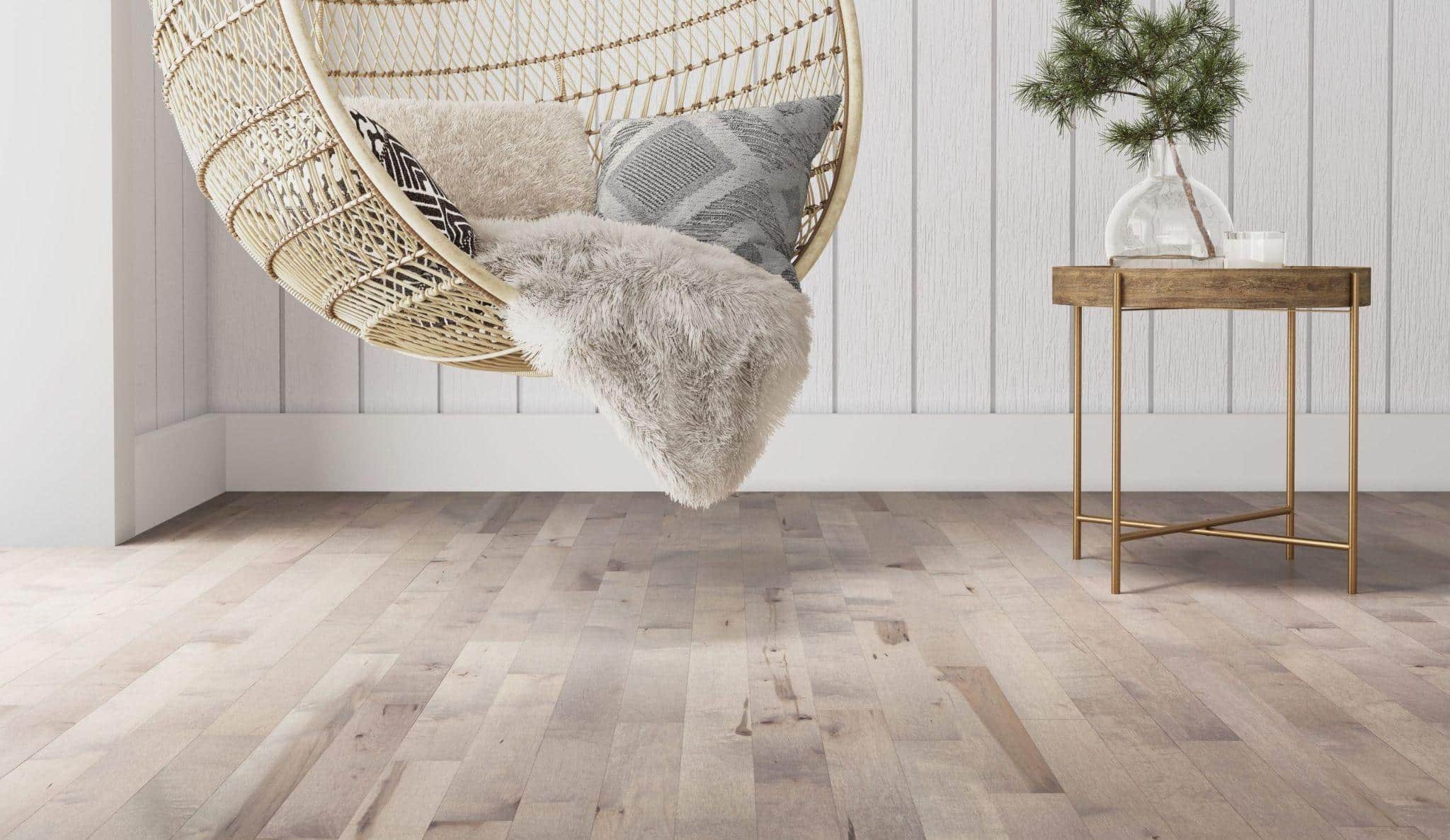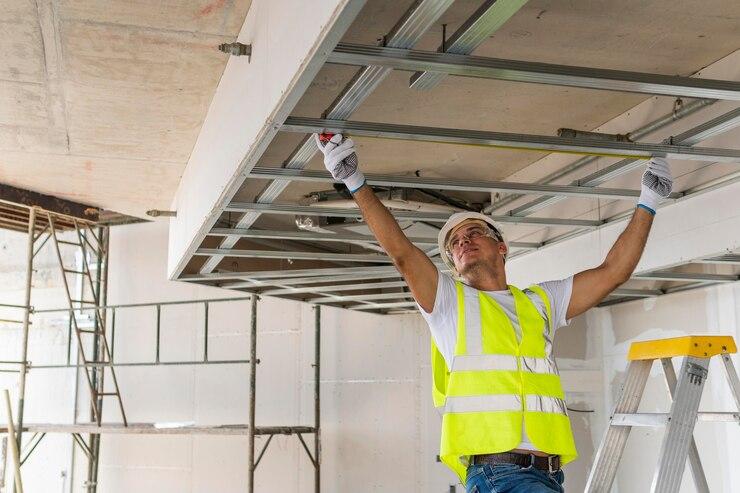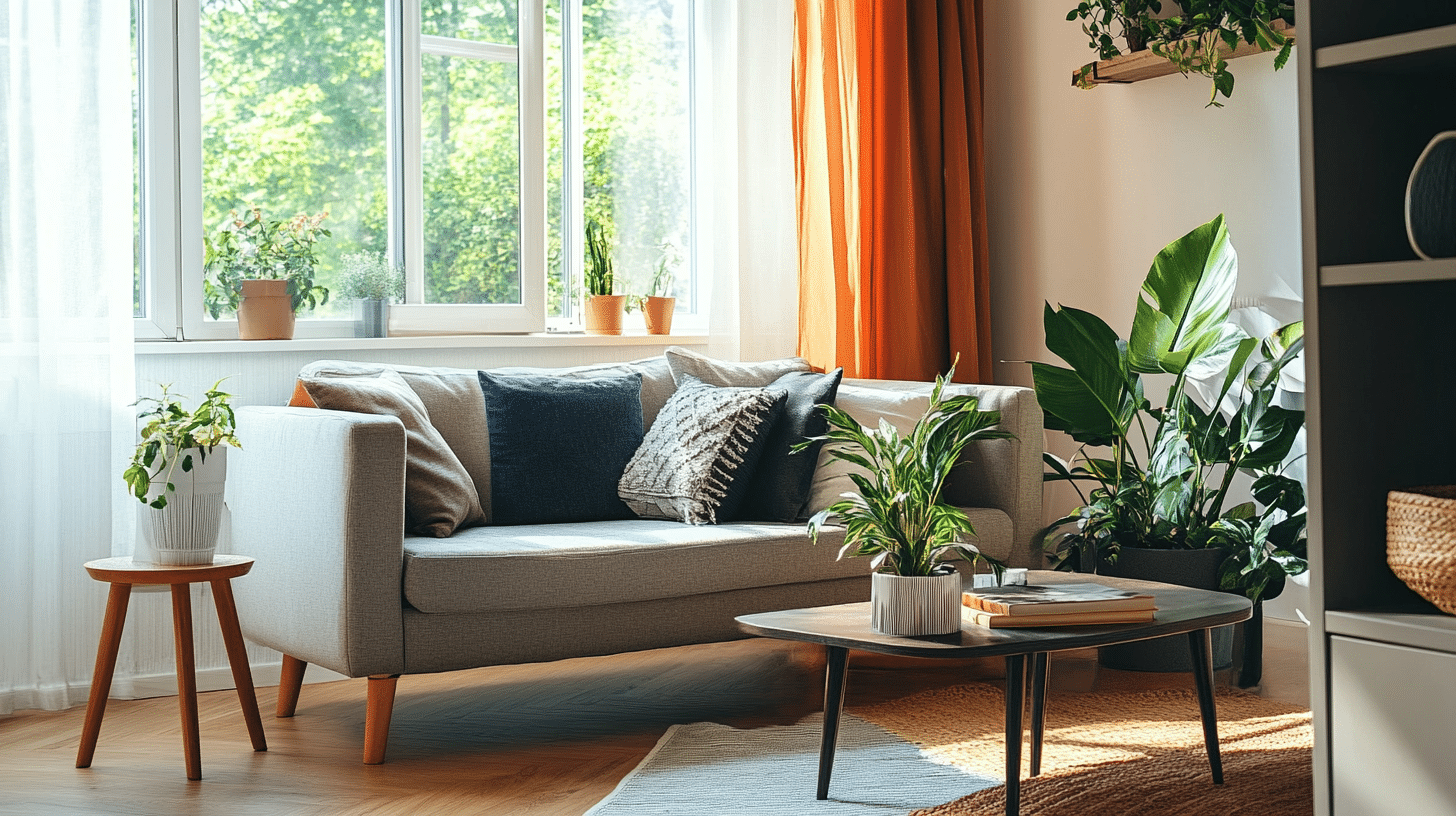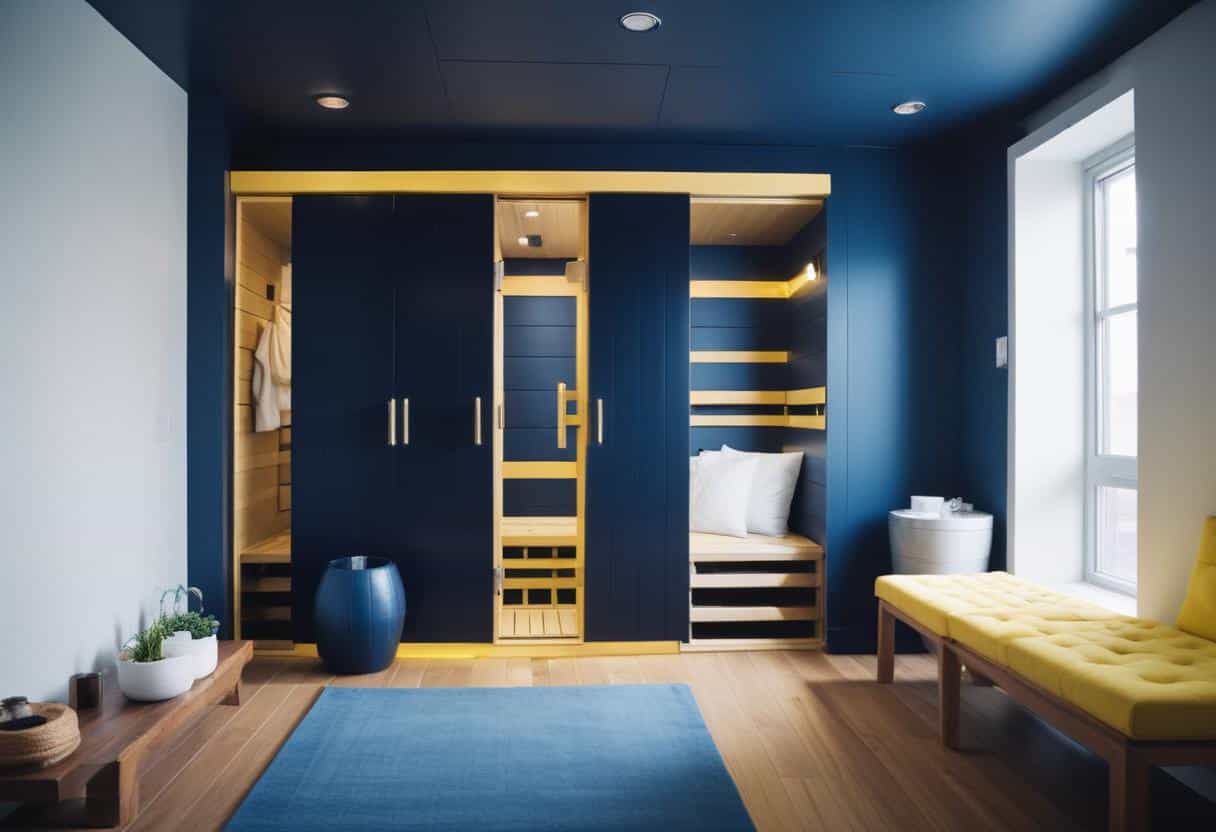What Cleaners Work Best on Hardwood Floors?
You spent the money to install beautiful new hardwood floors in your home. They look gorgeous when first installed, but it doesn’t take long for dirt, dust, and grime to make them appear dull and dirty. You want to keep them looking their best but aren’t sure what cleaners are safe to use.
It’s an important question to answer if you want your investment to last. The wrong cleaning products can actually damage the finish and wood over time. We’ll walk you through the best and worst options so you can keep your hardwood floors shining for years to come!
The Cardinal Sin
The number one thing you want to avoid is any cleaner with oil in it. Many antique wood cleaners and polishes contain oil, which should be kept far away from today’s polyurethane-finished floors.
Oil soaks into the finish and wood over time, causing permanent hazy spots and blemishes. No amount of cleaning will remove oil residue once it seeps in. Worse, it can actually soften areas of the finish and make them more prone to scratching. Not good!
So check the label before using an existing cleaner. And definitely don’t try to concoct your own oil-based wood polish like they did in the olden days. Popular oils like lemon, olive, or coconut oil seem natural but wreck modern hardwoods. Save them for cooking instead!
When Water is a Wood Floor’s Best Friend
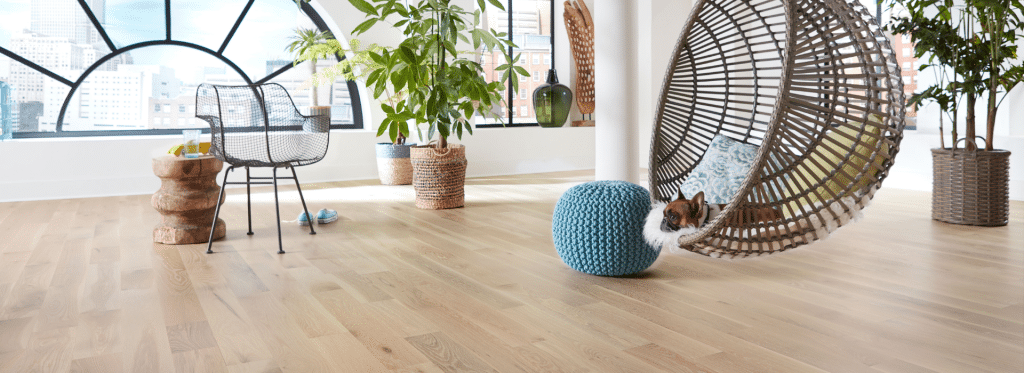
Instead of oil, the best bet is to rely on good old-fashioned water. Floors with a polyurethane finish are specially treated to resist water damage. When free of abrasives, water dissolves and lifts most dirt without harming the flooring surface.
Plain water works great for a quick mop to remove dust and footprints. For heavier cleaning, add a small amount of pH-neutral hardwood floor cleaner. These won’t etch or discolor the finish. Just be sure to thoroughly ring out the mop so excessive moisture doesn’t seep between floorboards.
Everyday Dust & Dirt Busters
For tackling everyday dust and dirt, here are some great options:
- Microfiber Mops: These lift dust using static electricity from the fibers instead of using a cleaning solution.
- Bona or Method Hardwood Floor Cleaner: Lightly spritz on the floor and wipe with a microfiber mop to clean without residue.
- Dust Mop Treatment: Spray this onto your mop to attract and trap dust in one sweep. Shake the mop outdoors after use.
- Electrostatic Mops: Like a Swiffer, the lightweight pad clings to dust and dirt. Replace often for best results.
- Good Old Broom & Dustpan: Sometimes, going old school with a quick sweep is all you need!
With so many products on the market claiming to be safe for hardwoods, it gets confusing figuring out what actually works best. Consult with an expert at a reputable hardwood flooring showroom like Eko Flooring – they will advise on the ideal daily cleaners for your specific flooring type and finish.
The key is using only products made specifically for hardwood floor care. No harsh cleansers or abrasives that can dull or etch the finish. Read those labels!
Deep Cleaning Solutions
Even with regular upkeep, grime inevitably builds up in high-traffic areas. Seasonal deep cleaning gives hardwoods a fresh start. Here are some problem-solving products:
Remove Gunky Residue
Deep cleaners like Zep Hardwood Floor Stripper can dissolve sticky messes leftover from spills or shoe scuffs. Apply a thin layer, allow to soak for 5-10 minutes, and wipe away dissolved gunk. Rinse thoroughly. Caution: Don’t allow the cleaning solution to remain on floors too long, or it can damage the finish.
Restore Shine
Over time, hardwoods lose their luminous luster from abrasive dirt. Revitalize shine with Bona Hardwood Floor Refresher. It removes filmy residue while enhancing gloss with polymers. For extremely dull floors, use Zep Hardwood Floor Deep Cleaner prior for maximum results.
Scrub Away Stubborn Stains
For spot-treating stained areas like entrances and high-traffic lanes, break out the scrub brushes. A hard bristle brush paired with your favorite hardwood cleaner helps lift away stubborn stains not removable by mopping alone. Just be sure to scrub gently to avoid scratching wood fibers.
Seasonal Sensibilities
Cleaning approach may need adjustment with extreme seasonal climate shifts:
Winter: Use foam-backed rugs near cold entryways to limit salt and chemical residue tracked inside. Use rubber-backed mats in snowy zones to prevent slip hazards from wet floors.
Summer: Clean more frequently during hot, humid months when grime and dirt accumulate faster. Switch to a gentler cleaner to compensate for bare feet and kids playing on floors more often.
Season Changes: Hardwoods naturally expand and contract a small amount from temperature and humidity changes. This can temporarily affect how level and tightly fitted flooring boards are. Reassess gaps and connections in spring and fall. Contact the installer if any boards become stubbornly raised or loose.
When to Call in The Pros
After attempting deep cleaning and stain removal on your own, it may be time to bring in professional hardwood floor refinishers if dinginess persists. With industrial machines, they can screen floors with gentle abrasives to carefully lift out embedded gunk and restore like-new shine. This involves reapplying protective finish as well.
But for routine maintenance in between professional jobs (recommended every 5-10 years), follow these guidelines on what cleaners to use and avoid. With proper everyday care, you can keep hardwood floors looking their absolute best for decades!

